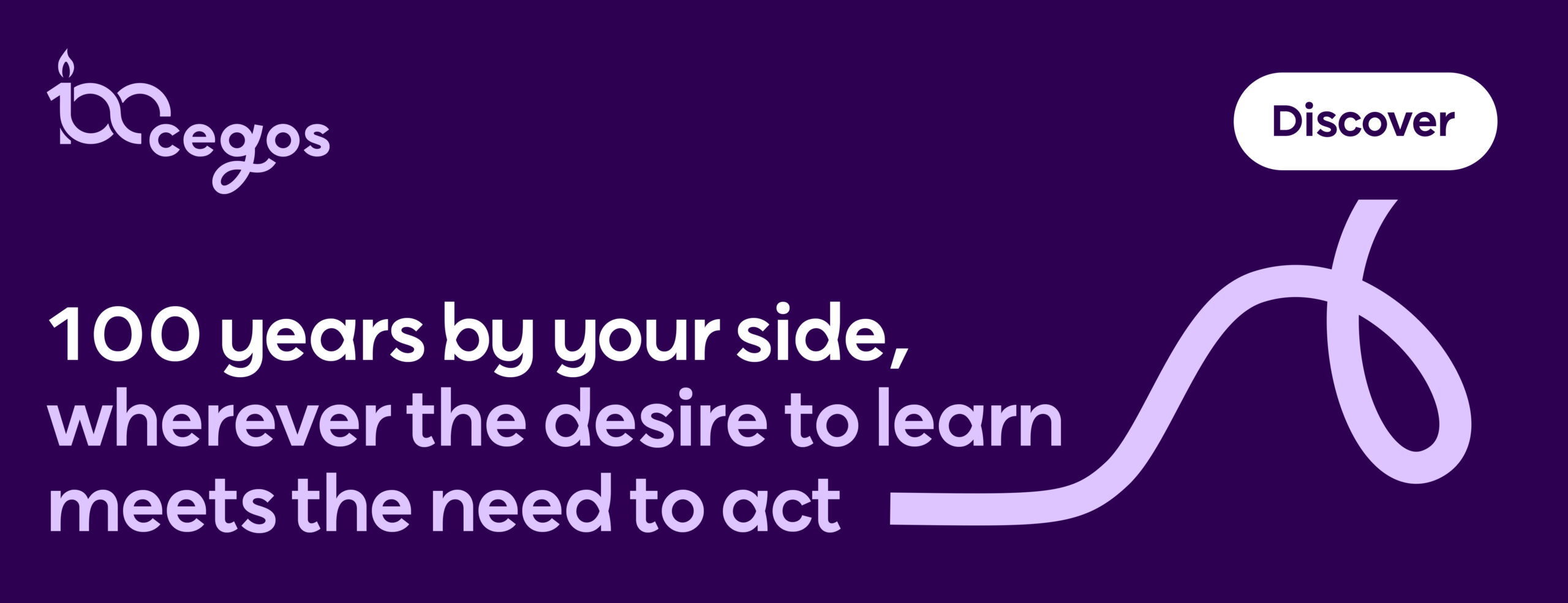

“It is not the job of a leader to motivate people,” says Emanuele Castellini, Director of Cegos Italy and Managing Partner of Cegos Asia-Pacific.
This advice may come as a shock to some people, given we are constantly told that leaders need to motivate their workforce to improve productivity and efficiency. But Emanuele – speaking on our third episode of the Leadership Adventure podcast – does qualify his assertion.
“Your job as a leader is to mobilise people,” he says. “Make them proactive rather than reactive and give them the tools to motivate themselves. Your job is to inspire.”
Emanuele has been a leader since his 20’s and has had lots of experience since then, much of it on continents outside Europe, including Africa and Southeast Asia. As such, he knows a thing or two about how to lead across different cultural landscapes.
The universal leader?
Is it possible, asks host Olga Dudko, to be a truly universal leader? Do such leaders actually exist?
“People will decide if you are a leader or not,” responds Emanuele. “And that is true whether you operate in your own country or in others.”
“There are cultures, for example, that are more reactive than proactive, or vice versa. You have to work within that framework.”
It is important, he says, to distinguish between leadership and management.
“The difference between the managerial, which sets rules through roles, and leadership, where people consider you as a leader and you give them the inspiration to behave in a certain way, is that leadership is more of an accelerator.”
Emanuele claims he had no well-defined strategy when building his international portfolio. His advice is simply to be curious, listen and adapt. Always be open to new things and accept what you observe.
Authenticity is key
One of the biggest challenges facing today’s leaders is projecting a sense of authenticity, rather than a veneer of so-called professionalism that was common in the past. People expect to know more about a leader – what drives them, their passions and, yes, even their personal life.
“Always remember you are a human being – in my case a father, a husband – and people can see you on socials. You have to be authentic,” says Emanuele.
“Consistency is also important. People like to be able to predict your behaviour, as it makes them feel safer. Share and accept failure sometimes as well as success. You have to be a decoder. The world is becoming more complex, and people find it difficult to understand and navigate. When you help people to decode that complexity, they will see you as a leader.”
Cross-cultural communication
People who work across cultures sometimes struggle to communicate clearly, so do you need to adapt your communication style depending on culture?
“When you talk about communication, you are talking about content and style,” says Emanuele. “The content cannot change, but you can adapt the way you communicate. Communication is all about building relationships and you must be sensitive to local cultures.”
He then goes on to tell the story of exchanging business cards with clients in Asia, only to misunderstand the etiquette and embarrass himself!
Above all, he says, leaders need to communicate in a way that inspires rather in the old-style corporate speak of the past.
“They should be more evocative that descriptive. More colourful, tell stories and use metaphors.”
And talking of metaphors, Emanuele likens cross-cultural to making the perfect spaghetti (as an Italian, he should know!). If you’re interested in how that works, listen to the podcast to find out!
Episode 3 of The Leadership Adventure: Cross-cultural Leadership – is available wherever you get your podcasts. Or click below to listen to it.










